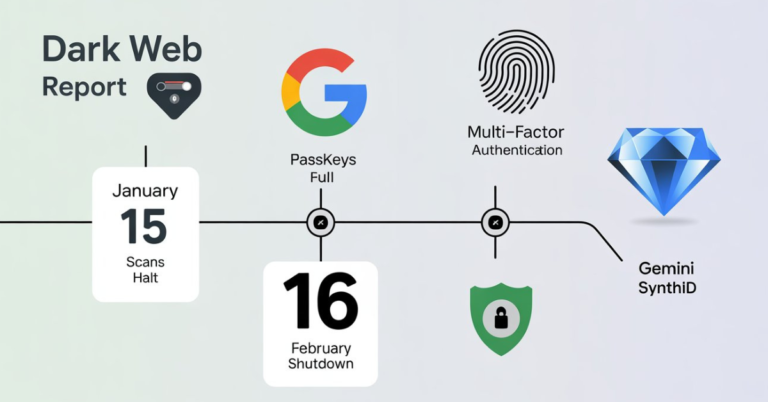Key Takeaways
✅ AI automates 45% of repetitive accounting tasks, saving 10+ hours weekly (Gartner, 2023).
✅ AI reduces compliance errors by 90% and cuts audit prep time by 50% (PwC).
✅ Start adoption by auditing workflows, aligning tools with goals, and comparing solutions.
Artificial intelligence (AI) isn’t just a buzzword—it’s reshaping accounting as we know it. From automating tedious tasks to spotting fraud in real-time, AI empowers firms to work smarter, not harder. But how exactly does it deliver value, and what steps can your team take to adopt it? Let’s break down the benefits and actionable strategies, backed by expert insights and data.
4 Ways AI is Revolutionizing Accounting
1. Automating Repetitive Tasks
AI excels at handling mundane workflows like data entry, invoice processing, and reconciliation. A 2023 Gartner study found that AI automates 45% of repetitive accounting tasks, freeing 10+ hours weekly for strategic work.
Dr. Emily Carter, AI Research Lead at Deloitte, explains:
“AI-driven automation reduces manual errors by up to 90%, allowing teams to focus on forecasting, cost optimization, and growth strategies.”
For example, tools like QuickBooks AI auto-categorize expenses, while platforms like Bill.com streamline approvals.
2. Strengthening Compliance & Audit Readiness
AI ensures adherence to regulations by flagging anomalies and auto-generating audit trails. According to PwC’s 2024 Audit Technology Survey, AI slashes audit prep time by 50% and reduces compliance risks by 65%.
The American Institute of CPAs (AICPA) highlights AI’s role in real-time reporting:
“Continuous monitoring via AI helps firms address discrepancies before they escalate, aligning with FASB and IRS standards.”
Tools like AuditBoard use machine learning to predict audit hotspots, while MindBridge analyzes 100% of transactions for irregularities.

3. Unlocking Data-Driven Insights
AI identifies trends in cash flow, expenses, and revenue that humans might miss. McKinsey’s 2024 Financial Analytics Report notes that AI-powered analytics improve forecasting accuracy by 40%, helping businesses pivot during economic shifts.
For instance, Sage Intacct uses predictive modeling to recommend budget adjustments, while Zoho Analytics generates visual reports in seconds.
4. Proactive Fraud Detection
AI monitors transactions 24/7 to detect suspicious patterns, reducing fraud losses by 30% (Association of Certified Fraud Examiners, 2023).
Julia Martinez, Cybersecurity Lead at KPMG, states:
“AI algorithms learn normal transaction behaviors and alert teams to outliers—like duplicate payments or unauthorized vendor changes—in real-time.”
Platforms like BlackLine and Socure integrate fraud risk scores into workflows, blocking threats before they impact finances.
How to Implement AI in Your Accounting Workflows (3 Steps)
Step 1: Audit Current Processes
Document tasks like payroll, reconciliations, and reporting. Identify bottlenecks—such as error-prone manual entries or slow approvals—where AI could have the highest ROI.
Pro Tip: Use flowcharts or tools like Lucidchart to visualize workflows.
Step 2: Align Tools with Business Goals
Prioritize solutions that match your needs:
-
Small businesses: Look for user-friendly tools like Xero or FreshBooks.
-
Enterprises: Opt for scalable platforms like Oracle ERP or SAP.
Example: A startup seeking VC funding might choose Datarails for investor-ready financial modeling.
Step 3: Compare Solutions Thoroughly
Test demos and evaluate:
-
Integration: Does it sync with existing software (e.g., Salesforce, Excel)?
-
Cost: Subscription fees vs. ROI (most tools cost 20–20–500/month).
-
Support: Training resources or live chat?
Top Picks:
-
Best for automation: UiPath
-
Best for audits: CaseWare IDEA
-
Best for SMBs: Botkeeper
The Future of Accounting is AI-Driven
As Forbes notes, firms adopting AI now will outpace competitors by 20% in revenue growth by 2025. Start small—automate one process, measure results, and scale. Partner with AI consultants or outsourced CFOs to navigate technical hurdles.















